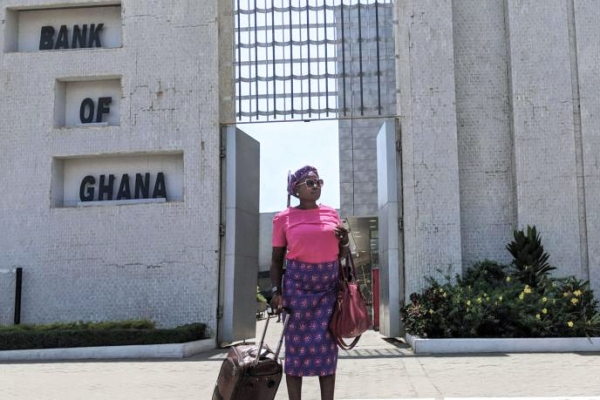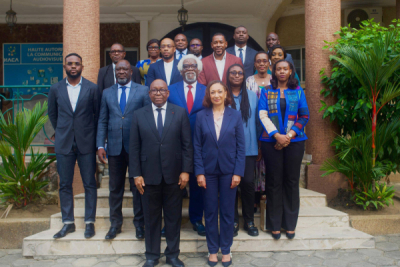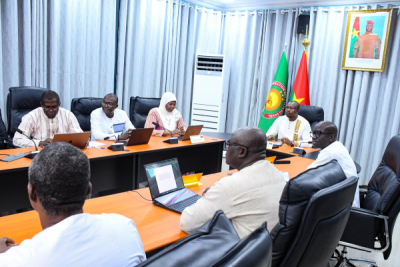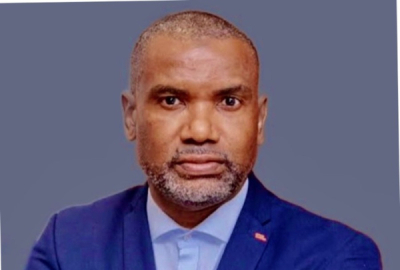By improving payment systems and enhancing the trustworthiness of credentials, African SMEs can engage more effectively in international trade. This fosters economic inclusivity, drives innovation, and opens new markets, ultimately contributing to sustainable economic development across the continent.
Director of Fintech and Innovation at the Bank of Ghana, Kwame Oppong, announced the successful completion of a cross-border transaction using Ghana’s eCedi and a Singaporean stablecoin. This was during the just ended 3i Africa summit held from 13-15 May in Accra. It marks the first proof of concept for Project DESFT (Digital Economy Semi-Fungible Token).
Project DESFT aims to support African SMEs in global trade by addressing trust and payment challenges. “.. we have rigorously tested a cross-border payment solution built upon the principles of Purpose Bound Money (PBM) and conducted real trade experiments which fully align with our predetermined objectives,” Oppong stated
According to the IMF “Central Bank Digital Currency's Role in Promoting Financial Inclusion” 2023 report, Central Bank Digital Currencies (CBDCs) can enhance financial inclusion by enabling households to efficiently transfer funds and access savings, insurance, and credit. This improved access supports financial wellness, reduces poverty, and promotes shared prosperity. The World Bank highlights financial inclusion as crucial for reducing poverty and boosting prosperity, by fostering entrepreneurship, investment, and productivity, and studies show a strong link between digital financial inclusion and economic growth.
The eCedi is set to enhance Ghana’s payment ecosystem by promoting growth, innovation, and improved consumer experiences. Its compatibility with the DESFT system and verifiable credentials can facilitate international trade for Ghanaian MSMEs.
Hikmatu Bilali



















